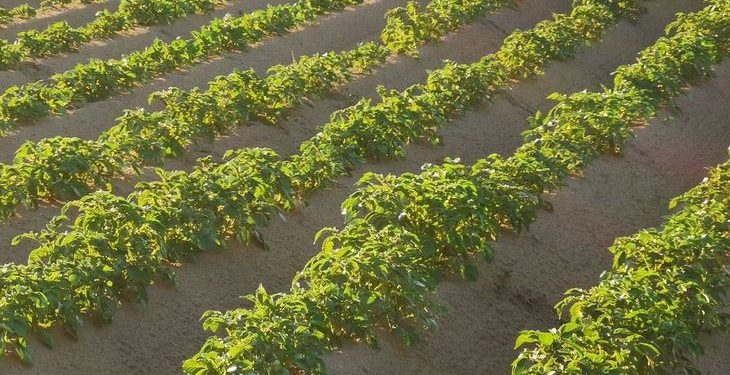A new technology for the forced dying off of potato tops is on the verge of implementation.
Two agricultural organizations in the Netherlands – CZAV and Nedato – are collaborating on the implementation of the Nucrop concept. This is a new way to kill potato tops without chemicals. Stems and foliage, according to the concept, should die in one pass with the help of a conductive liquid and electric current. Since pesticides are not needed for desiccation in this case, the technology is considered sustainable and suitable for organic farming.
CZAV is an organization for the purchase and sale of agricultural products, including organic, in the south of the Netherlands with various forms of contract cultivation. The company offers individual professional advice to farmers.
Nedato is a cooperative of potato growers with a support program.
“Years of research has gone into optimizing the conductive fluid and the amount of energy needed to electrically destroy potato tops,” CZAV said in a release. – This year, CZAV and Nedato are expanding the Nucrop technology to get more hands-on experience in different areas.
The machine used has a working width of 9 meters and a capacity of 2 to 3 hectares per hour per pass. VOLT.FUEL is sprayed onto the crop using a sprayer boom in front of the tractor, after which electricity is supplied behind the tractor. The slaughter rate of the tops is higher than when using pesticides. Several tests have been carried out over the years in different European countries, and to date no problems have been observed with the quality of the potatoes.
Chemical processing is still cheaper, but Nucrop has the advantage that haulm can be killed later when extra kilos are being built. In addition, electrical desiccation speeds up the formation of thick skins so that harvesting can be done faster or earlier. The experiments also revealed the shortcomings of the technology, which should be worked on.
For example, an electric desiccator has a limited working width and therefore a limited capacity. Driving through the crop requires a relatively heavy tractor and cannot be used in all weather conditions.”





